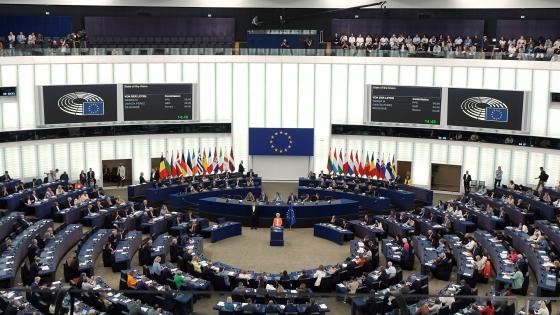DP256 Traded Goods, Competitiveness and Aggregate Fluctuations in the United Kingdom
In this paper I investigate the relationships between wage adjustment, competitiveness, and aggregate fluctuations in the United Kingdom. This is done in the context of a model based on the distinction between internationally traded and nontraded goods, which is estimated and thoroughly tested. The traded goods sector is assumed to be a price-taker, and the focus is on the supply side. Competitiveness is defined as the relative price of traded to nontraded goods. The model can account quite well for fluctuations in UK competitiveness, output, wages and the terms of trade, and is used to examine the macroeconomic effects of a variety of disturbances. The results suggest that the UK economy is characterized by output flexibility and wage-price rigidity, a combination that produces patterns of macroeconomic adjustment which parallel the predictions of Keynesian demand-side models.

